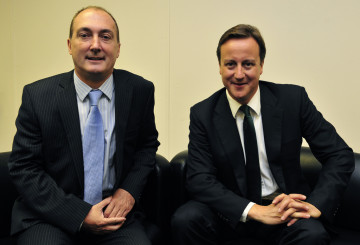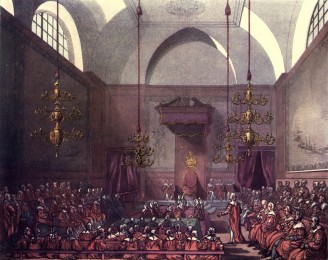Elon Musk, the bloke behind Tesla Motors, SpaceX, and SolarCity wants to build a second internet in space.
The idea is that it will connect people on Mars to the Web.
The big idea is to launch a vast network of communication satellites to orbit earth. The network would do two things: speed up the general flow of data on the Internet and deliver high-speed, low-cost Internet services to the three billion-plus people who still have poor access to the Web.
This will create a global communications system that would be larger than anything that has been talked about to date.
Space Internet will see hundreds of satellites would orbit about 750 miles above earth, much closer than traditional communications satellites in geosynchronous orbit at altitudes of up to 22,000 miles.
The lower satellites would make for a speedier internet service, with less distance for electromagnetic signals to travel.
Musk’s cunning plan is to set up a system that would rival fibre optic cables on land while also making the internet available to remote and poor regions that don’t have access.
Internet data packets would no longer have to go through dozens of routers and terrestrial networks. Instead, the packets would go to space, bouncing from satellites until they reach the one nearest their destination, then return to an antenna on earth. Relay satellites could connect the system to Moon or Mars bases.
The office will start with about 60 people and may grow to 1,000 within four years. The employees will also work on SpaceX’s Falcon rockets, Dragon capsules, and additional vehicles to carry various supplies and people into space.











